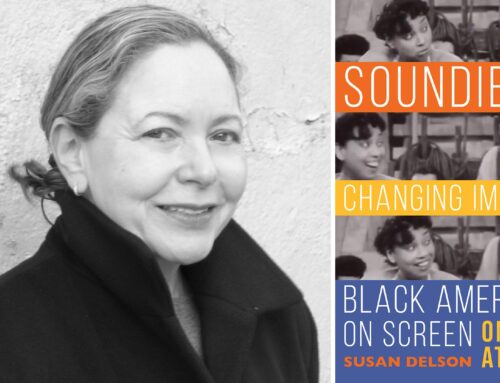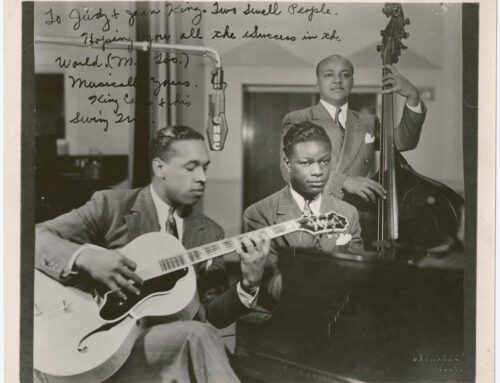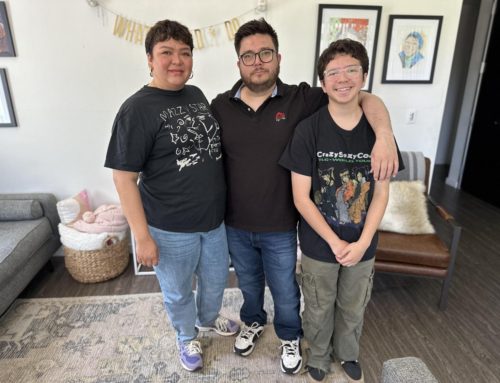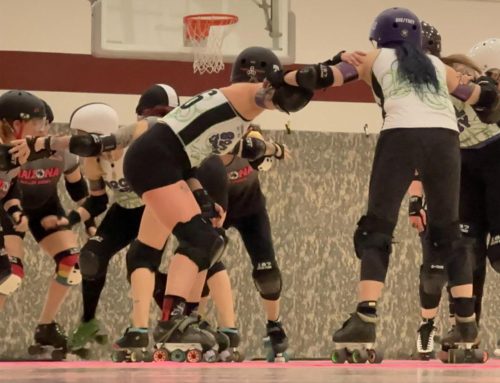Theatre made inclusive with autism-friendly production at Adelphi
Piece Published Here
By Jill Ryan and Kayla McKiski Nov. 15, 2017
In a theatre that seats 300, a group of about 60 fill the room. As the play begins, audience members continue to make noise and walk around, but this was expected. Nine year old Miley Toribio, who has both Down Syndrome and autism, flings around a stretchy fidget toy as she experiences her first live play.
“I thought that she was going to panic and that the noise was going to affect her,” Miley’s mother, Ari Toribio, said. “[But] when you’re in an environment where everybody totally understands, you feel more comfortable and the kids also feel more comfortable because no one is looking at you like you’re weird.”
The Adelphi University Theatre Department on Long Island concluded its week-long run of Peter and the Starcatcher on Nov. 12. Their last show was specially designed for audience members, like Toribio, with Autism Spectrum Disorder or ASD.
Some people with ASD are sensitive to sound and have a hard time waiting in lines, which makes a common outing to a theatrical play prove difficult, Dr. Eric Hollander, Director of the Autism and Obsessive Compulsive Spectrum program at Albert Einstein College of Medicine and Montefiore Medical Center, said.
“It’s good for individuals with ASD to be able to have as full a life as possible,” Hollander said. “And it’s good for them to be exposed to all kinds of different things in the arts and in theatre, for example, and then making some accommodations so that individuals with ASD can be comfortable.”
About 20 volunteers were trained by hired consultants from Autism Friendly Spaces, a New York-based nonprofit organization that works with Broadway productions, businesses and community spaces, to make them more accessible to people with ASD.
The volunteers passed out Tanglers, pinwheels and other toys in the theatre. They also chaperoned two separate rooms that were set up in case an audience member with ASD felt uncomfortable. For further accommodation, sound cues were lowered and the house lights were dimmed instead of completely off.
“One of [the rooms] is our little lounge area, which we’re turning into our quiet room with blankets, quilts, pillows,” Maggie Lally, coordinator of the autism-friendly performance and Associate Professor of theatre at Adelphi University, said. “We’re using our black box theatre for our activity room, we have play-doh and crayons and puzzles and we’ll also have a live feed of the show.”
Accommodating audience members with ASD is an easy change, and rarely affects the play itself, except for the volume.
“By providing these supports, it makes it a much more accessible space to a person with Autism,” Dr. Donia Fahim, the co-founder of Autism Friendly Spaces, said.
While universities do have autism-friendly productions come to campus, Adelphi is the first one to have an autism-friendly show produced by the college itself.
The three main financial supports for the final performance came from the Center for Health Innovation, Adelphi’s College of Arts and Sciences Dean, Susan Briziarelli, and Bridges To Adelphi, the university’s program to help support students with ASD. She hopes to have another accessible production, like this one, next fall season.
“If we think enough to make the things we do accessible then there is no disability,” Lally said.





